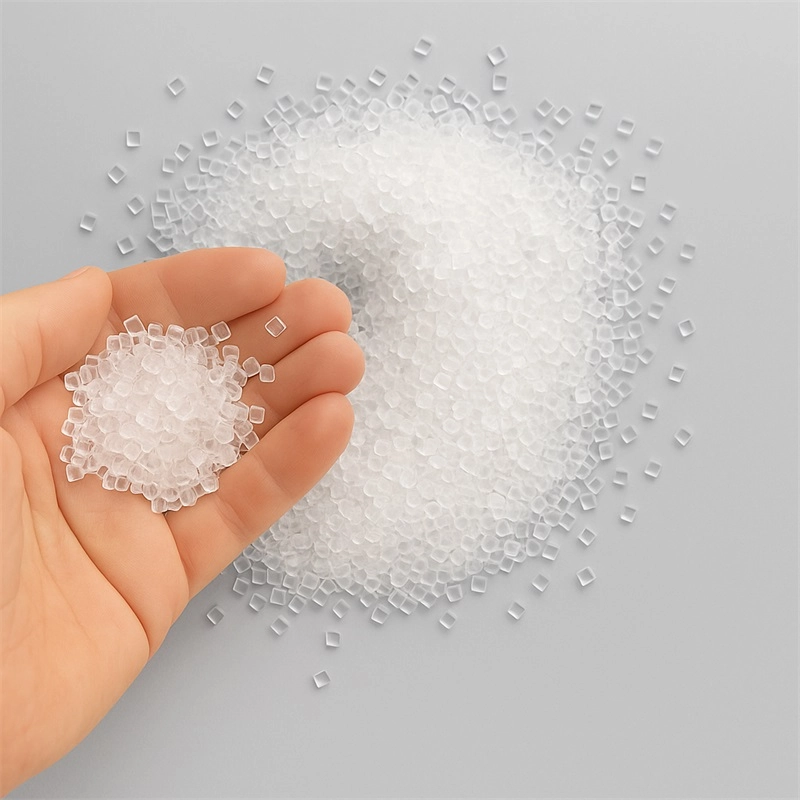Plastic packaging has become a ubiquitous part of our daily lives, but its detrimental impact on the environment is undeniable. As the world grapples with the urgent need for sustainable solutions, it is crucial to explore alternatives to plastic packaging. In this blog post, we will delve into the realm of sustainable packaging options that offer a promising future for our planet.
- Biodegradable Materials:
One alternative to plastic packaging lies in the use of biodegradable materials. These materials, such as plant-based polymers, offer similar functionalities to plastic while being capable of breaking down naturally over time. Biodegradable packaging not only reduces the burden on landfills but also minimizes pollution in oceans and ecosystems. - Compostable Packaging:
Compostable packaging takes sustainability a step further by not only being biodegradable but also providing valuable nutrients to the soil when properly composted. Made from organic materials like cornstarch or bagasse, compostable packaging offers a closed-loop system where waste can be transformed into fertile soil, promoting a circular economy. - Paper and Cardboard:
Returning to traditional materials like paper and cardboard can significantly reduce our reliance on plastic packaging. These materials are renewable, recyclable, and have a lower environmental impact. Additionally, advancements in technology have led to the development of innovative paper-based packaging solutions that offer enhanced durability and moisture resistance. - Edible Packaging:
Imagine packaging that not only protects the product but can also be consumed! Edible packaging, often made from natural ingredients like seaweed or starch, presents an exciting alternative to plastic. This innovative solution not only eliminates waste but also adds a unique and sustainable experience for consumers. - Reusable Packaging:
Moving away from the single-use mindset, reusable packaging systems are gaining traction. By designing packaging that can be easily cleaned and refilled, we can significantly reduce the amount of waste generated. This approach encourages a shift towards a more circular economy, where resources are utilized efficiently and waste is minimized.
Conclusion:
The detrimental impact of plastic packaging on our environment necessitates a shift towards sustainable alternatives. From biodegradable and compostable materials to edible and reusable packaging, there is a wide range of innovative solutions available. Embracing these alternatives not only helps reduce pollution and waste but also promotes a more sustainable future for generations to come. Let us join hands in making a conscious choice to move beyond plastic and towards a greener tomorrow.



